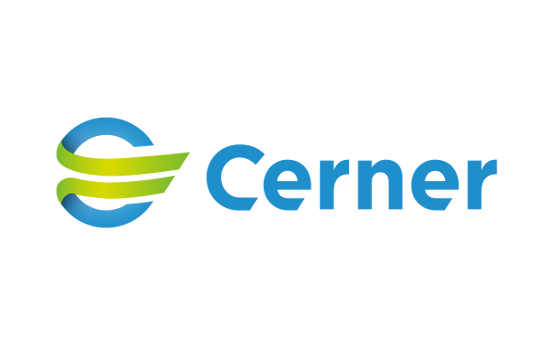 During his keynote at Cerner Health Conference (CHC), the company's Chairman and CEO, Brent Shafer, unveiled a next-generation cognitive health platform, introduced new tools that allow the company's clients to get more from Cerner technology, announced new predictive modeling built directly into the opioid toolkit and opened up free access to the company's training modules.
During his keynote at Cerner Health Conference (CHC), the company's Chairman and CEO, Brent Shafer, unveiled a next-generation cognitive health platform, introduced new tools that allow the company's clients to get more from Cerner technology, announced new predictive modeling built directly into the opioid toolkit and opened up free access to the company's training modules.
"Health care will change more in the next five years than it has in the past 30," Shafer told an audience of 5,000 clients, innovators and other health care industry professionals during the keynote address. "As we have for the past four decades, Cerner's technology, and collaborative programs, along with the most respected providers, will lead a wave of disruptive innovation focused on making health care better."
Aligning with the conference's theme of Now / Next, Shafer shared enhancements to benefit Cerner clients today [NOW], then announced a NEXT-generation health platform. Code named "Project Apollo," this initiative brings a more cognitive approach to practicing medicine. Leveraging the powerful combination of its health care technology and the AWS infrastructure, Cerner's new cloud-based platform will accelerate the speed that innovations are integrated by removing manual steps for clients that slow the pace of adoption. Additionally, Cerner is creating an intelligence ecosystem to innovate next-generation user experiences and care delivery algorithms. This future innovation will support caregivers in giving their full focus to delivering high quality, patient-centric care, supported by the power of Cerner's intelligent platform.
Another focus of Shafer's keynote addressed the ongoing effort to eliminate deaths caused by opioid abuse. It's estimated that two million Americans live with an opioid disorder. Each day, nearly 130 U.S. citizens die from an opioid overdose. Using artificial intelligence and predictive analytics, Cerner is giving clients an enhanced toolkit that goes beyond prescribing history to identifying potential at-risk patients. As part of his remarks, Shafer issued a challenge to reduce the number of opioid-related deaths by 90%.
"Last year, deaths from opioid overdoses dropped by 5%," said Shafer. "It was the first time since 1990 the number has declined. Even more progress needs to be made and I appeal to the health care industry to eradicate this epidemic."
As Shafer addressed the international audience, he also introduced improvements ranging from better toolkits, dashboards and analytics to improved data interoperability. Stemming from Cerner's collaborative work in the federal space, the company is soon to roll out "Cerner Seamless Interoperability." Essentially, the enhancement takes data from connectivity to usability and the new Cerner Seamless Interoperability can help give invaluable time back to clinicians.
The company is also rolling out the Cerner Learning Framework - a web-based training platform - available to Cerner clients at no cost.
"We started by asking our clients, 'what's in the way of giving your patients the best quality of care,'" said Shafer. "As we constructed our commitments and guiding principles, a relentless focus on our clients' success became the overriding focus of everything we do at Cerner."
About Cerner
For 40 years, we've worked at the intersection of health care and information technology to connect people and systems around the world. We use the latest technology to create solutions that let communities and people engage in their own health. Whether they are supporting the clinical, financial or operational areas of a hospital or health system, our tools are designed to work for today and think for tomorrow.We support our clients by surfacing data that enables them to make informed decisions for better management of operations, while arming their clinicians with the information they need to provide smarter care. Empowering them to know, manage and engage with the people they serve. All to disrupt the industry and transform the way health care is delivered.
It's our mission to relentlessly seek breakthrough innovation that will shape health care of tomorrow. And we believe that what we do doesn't just impact health care - it impacts the world. It's why, more than ever, health care is too important to stay the same.™